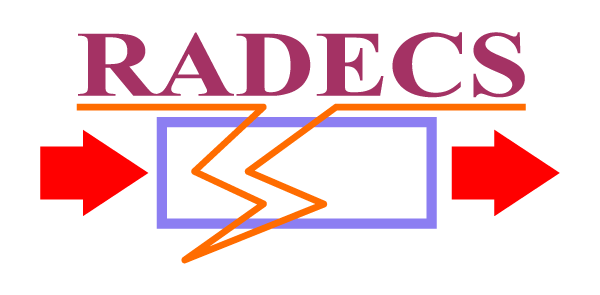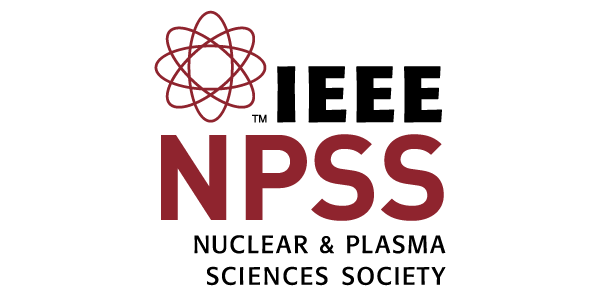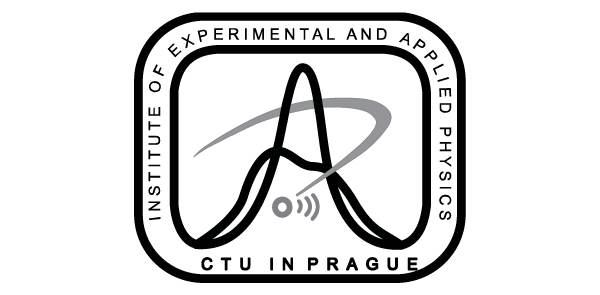CONFERENCE
RADiation and its Effects on
Components and Systems Conference
28 September – 2 October 2026
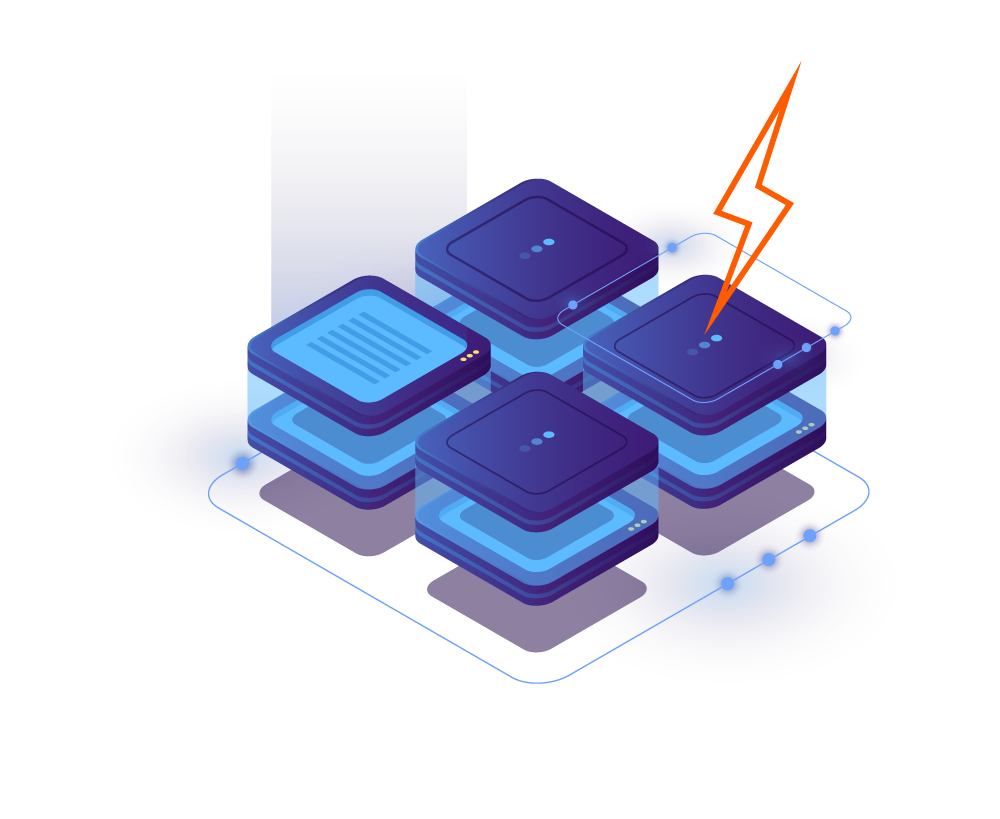
RADECS
What is RADECS?
RADECS (RADiation and its Effects on Components and Systems Conference) is the annual international scientific and industrial forum on radiation and its effects on electronics and photonic materials, devices, circuits, sensors and systems. It is organized every year in a European venue and attracts hundreds of scientists and engineers from all over the world who exchange on the latest advances and results about:
· Basic Mechanisms of Radiation Effects
· Radiation Effects in Devices and Integrated Circuits:
o Total Ionizing Dose (TID)
o Total Non-Ionizing Dose (TNID)
o Synergistic Effects
o Single Event Effects (SEE)
· Radiation Environments
· Radiation Test Facilities & Dosimetry
· Radiation Hardening Techniques (Device, board and system level)
· Radiation Hardness Assurance
· Radiation Effects in Photonics, Optoelectronics and Sensors
· Radiation Effects in complex devices and systems
The 2026 edition of the RADECS Conference will be held on September 28 – October 2. The technical session and the industrial exhibition will take place at the Prague Congress Center. The Thematic Workshop will take place at the historic Bethlehem Chapel. RADECS2026 is organized by the Institute of Experimental and Applied Physics, CTU in Prague on behalf of the RADECS Association and is technically co-sponsored by the IEEE-NPSS.
In addition to the usual RADECS topics, the 2026 Thematic Workshop is entitled “Measuring to Protect Future Missions: The Critical Role of Detection and Novel Dosimetry in Harsh Radiation Environments”. It explores the full spectrum of space radiation monitoring — from simulation to in-orbit measurements — and highlights the importance of accurate, real-time detection and advanced dosimetry to inform radiation protection strategies for future missions beyond LEO. With contributions from current missions, as well as insight into next-generation detectors and onboard processing challenges, the sessions will foster discussion on what we measure, how we measure it, and why it matters, for a cohesive approach to interpreting space radiation environment.
Without forgetting a wonderful social program including technical visits, tours and social events which will allow the attendees and companions to enjoy Prague and surroundings.
On behalf of our committee, we invite you to join us for an outstanding RADECS 2026 conference and we look forward to meeting you in Prague!
The General Chairs (Benedikt Bergmann & Julien Mekki),
on behalf of the RADECS 2026 Organizing Committee.
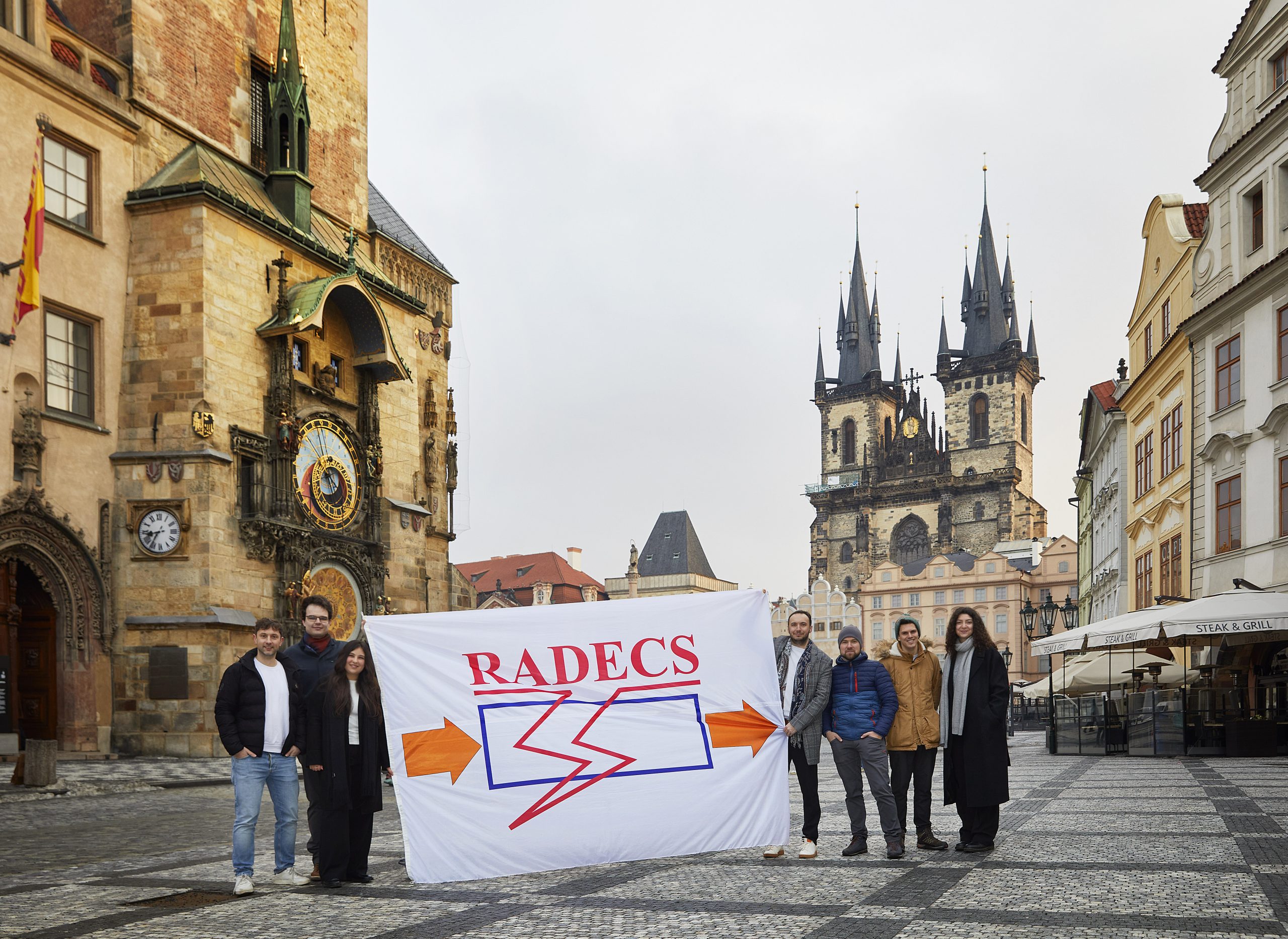
The RADECS 2026 team went sightseeing with the Association Flag. Our first stop: the iconic ”Prague Orloj”, one of the oldest astronomical clocks in the world and the oldest still in operation.

